As the international environment changes, the risks associated with digital security also transform. Just having strong passwords and two-factor authentication is not enough to ensure protection. With the progression of sophisticated hacking techniques and cyber espionage, understanding the importance of privacy settings on the internet is essential.
In this article, you will learn about the top 4 online privacy settings to help you secure your accounts, protect yourself from phishing attacks, and handle your publicly available data. These strategies will help you future-proof yourself against the latest threats we’re all facing.
Table of Contents
1) Mask Personal Data
When it comes to online security, creating strong passwords is just the beginning. Masking personal data is another crucial step in protecting yourself from potential hacks. Here are three ways you can mask your personal data…
Use Unique Aliases for Email Accounts
One effective way to mask your personal data is to use unique aliases for your email accounts. Instead of using your actual email address, use a different email address that is unique to each account you sign up for.
This way, if one of your accounts is compromised, the hacker won’t have access to your other accounts or your main email address. You can easily create unique aliases using services like Gmail or Outlook.
Use Burner Numbers
Using a burner number is another effective way to mask your personal data. Instead of giving out your actual phone number, use a temporary phone number that you can dispose of after you’re done using it. This way, if your burner number is compromised, your actual phone number will remain safe. You can use apps like Burner or Google Voice to get a temporary phone number.
Use Virtual Addresses
Using a virtual address is yet another way to mask your personal data. Instead of giving out your actual home address, use a virtual address that can forward mail to your actual address. This way, if your virtual address is compromised, your actual home address will remain safe. You can use services like VirtualPostMail or Anytime Mailbox to get a virtual address.
By employing these three methods to mask your personal data, you can greatly reduce the chances of your personal information being compromised. Remember, online security is not foolproof, but by taking these extra steps, you can greatly increase your chances of staying safe online.

2) Adjust 2-Factor Authentication and Online Privacy Settings
When it comes to online security, 2-factor authentication (2FA) has been a trusted tool for many years. However, recent hacks of major YouTube channels and IT professionals have shown that even 2FA is not foolproof. So what adjustments can you make to your online security strategy to better protect yourself?
Invest in Physical Security Keys
One adjustment you can make is to invest in physical security keys. These are small devices that you plug into your computer or mobile device and use to authenticate your login. They’re more secure than SMS text verification, or even authenticator apps, because they cannot be intercepted by hackers.
Physical security keys are not foolproof either, but they are a good start to improving your online security. You can purchase them from companies like Yubico or Google.
Implement Sandbox Strategies
Another important adjustment you can make is to implement sandbox strategies. This means maintaining separate accounts or devices for different types of activities. For example, you could use a separate email account for banking or financial transactions, or only log into certain accounts on one specific device.
Sandboxing can also mean creating a virtual machine environment for certain activities. This may be more complex, but it can provide an added layer of security for high-value targets or those involved in cryptocurrency.
Ultimately, the goal of sandboxing is to create a metaphorical walled garden for your most sensitive accounts and activities. This can help prevent hackers from gaining access to all of your accounts if they manage to breach one.
By investing in physical security keys and implementing sandbox strategies, you can adjust your 2FA strategy to better protect yourself from the latest threats.
3) Minimize Publicly Available Data
When it comes to protecting your online security, minimizing the amount of publicly available personal data is crucial. While it may seem like a daunting task, there are a few strategies you can employ to help reduce the amount of personal data available online.
Erasing Personal Data
One of the first steps you can take to minimize publicly available data is to erase as much personal data online as you have control to do so. This includes searching for your name and address on search engines and seeing what comes up. You may find that there are a number of data brokers that are selling or licensing access to your phone number, home address, court records, family relationships, and more.
To opt-out of having your data publicly available, you can go through the process yourself, but that can be time-consuming. Alternatively, you can use a service like DeleteMe to do it for you.
DeleteMyTrace is another service you can employ. Let’s take a quick look at what they have to offer…
Using DeleteMyTrace
DeleteMyTrace is a service that provides a comprehensive solution for minimizing your public data. They continually monitor data brokers for any of your personal information, and every month they find new brokers and new pieces of data that pop up, making more opt-out requests on your behalf.
The service works by monitoring data brokers, removing your personal information from their databases, and then ensuring your information is not added back in the future either. The service is easy-to-use and provides a high level of protection against data breaches and identity theft.
To use DeleteMyTrace, all you need to do is sign up for the service and provide them with your personal information. DeleteMyTrace will then monitor data brokers and remove your information from their databases. The service also provides you with a dashboard where you can see which data brokers have your information, which ones have been removed, and which ones are in progress.
Remember, minimizing publicly available data is an important step in protecting your online security. By erasing personal data online and using services like DeleteMyTrace, you can reduce the amount of personal data available online and reduce your risk of identity theft and data breaches.
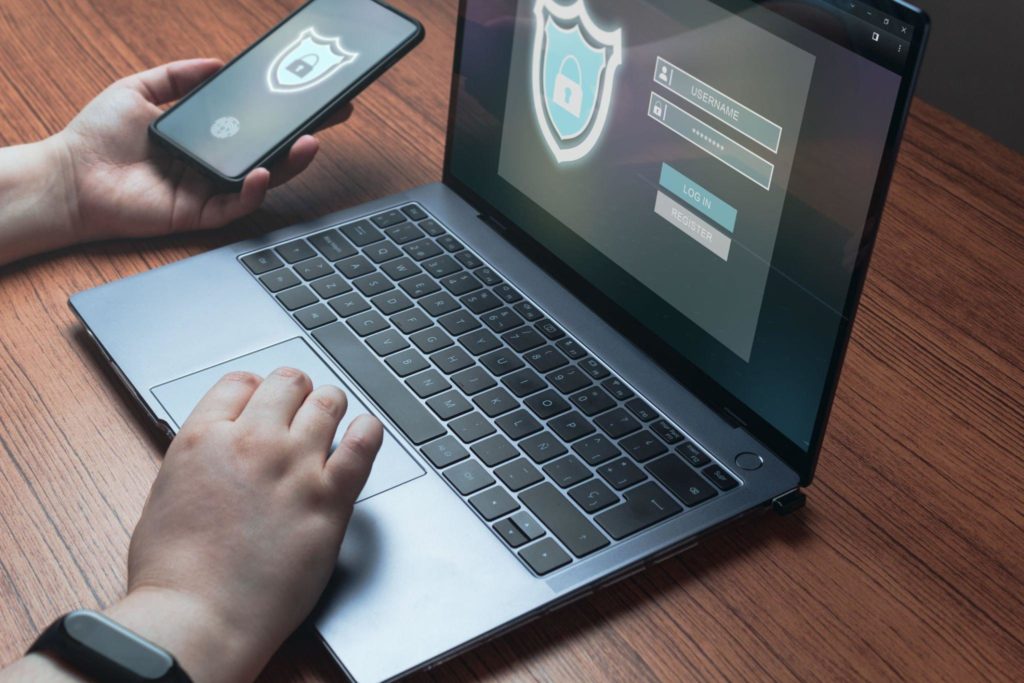
4) Train Your Network
As we’ve discussed, securing your online presence is not a solitary effort. Your family, friends, and co-workers are all links in your security chain, and the weakest link can make you vulnerable.
So how do you train your network to be a stronger link in your security chain? Here are a few strategies…
Create Predictable Communication Habits
One way to train your network is to create predictable communication habits. This means establishing a routine for how you communicate with your network so that any deviation from that routine becomes suspicious.
For example, you could establish a rule that you will never ask for sensitive information over email or text message. If someone receives a message from you asking for sensitive information over email, they would know it’s not you, that instead it’s likely a phishing attempt, and therefore would safely ignore the request.
Another way to establish predictable communication habits is to use a specific platform for certain types of communication. For example, you could use email for work-related communication and a messaging app like Signal for personal communication.
If someone receives a work-related message from you on a different messaging app, they would know it’s not you and that it’s probably a phishing attempt.
Mandate Security Measures for Employees/Contractors
If you’re a business owner or manager, you have the power to mandate certain security measures for your employees and contractors. This can include using a password manager, using 2-factor authentication, and limiting access to sensitive information.
When mandating security measures, it’s important to provide training and support to ensure that everyone understands the importance of these measures and knows how to implement them. It’s also important to make sure these measures are reasonable and don’t create unnecessary barriers to productivity.
By training your network and mandating security measures for employees and contractors, you can strengthen your security chain and reduce the risk of a security breach. Remember, security is not a solitary effort, and everyone has a role to play in keeping themselves and their networks safe.
- Amazon Email Phishing: How to Identify and Avoid Scams - May 11, 2025
- Malwarebytes vs McAfee: Decoding the Ultimate Antivirus Battle - May 11, 2025
- Best Antivirus for Windows 10: Expert Recommendations for 2023 - May 11, 2025
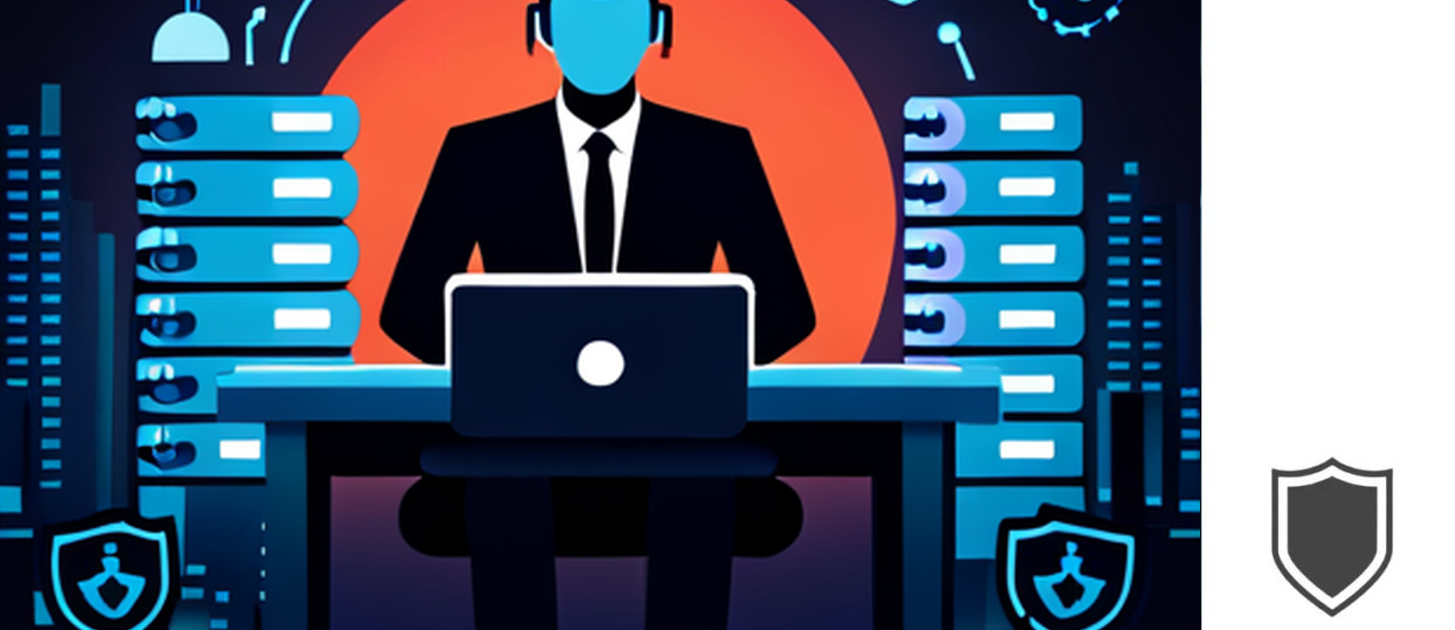


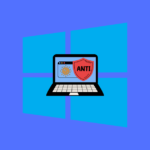

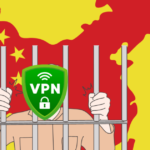
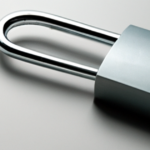



11 thoughts on “Top 3 Online Privacy Strategies”
Comments are closed.